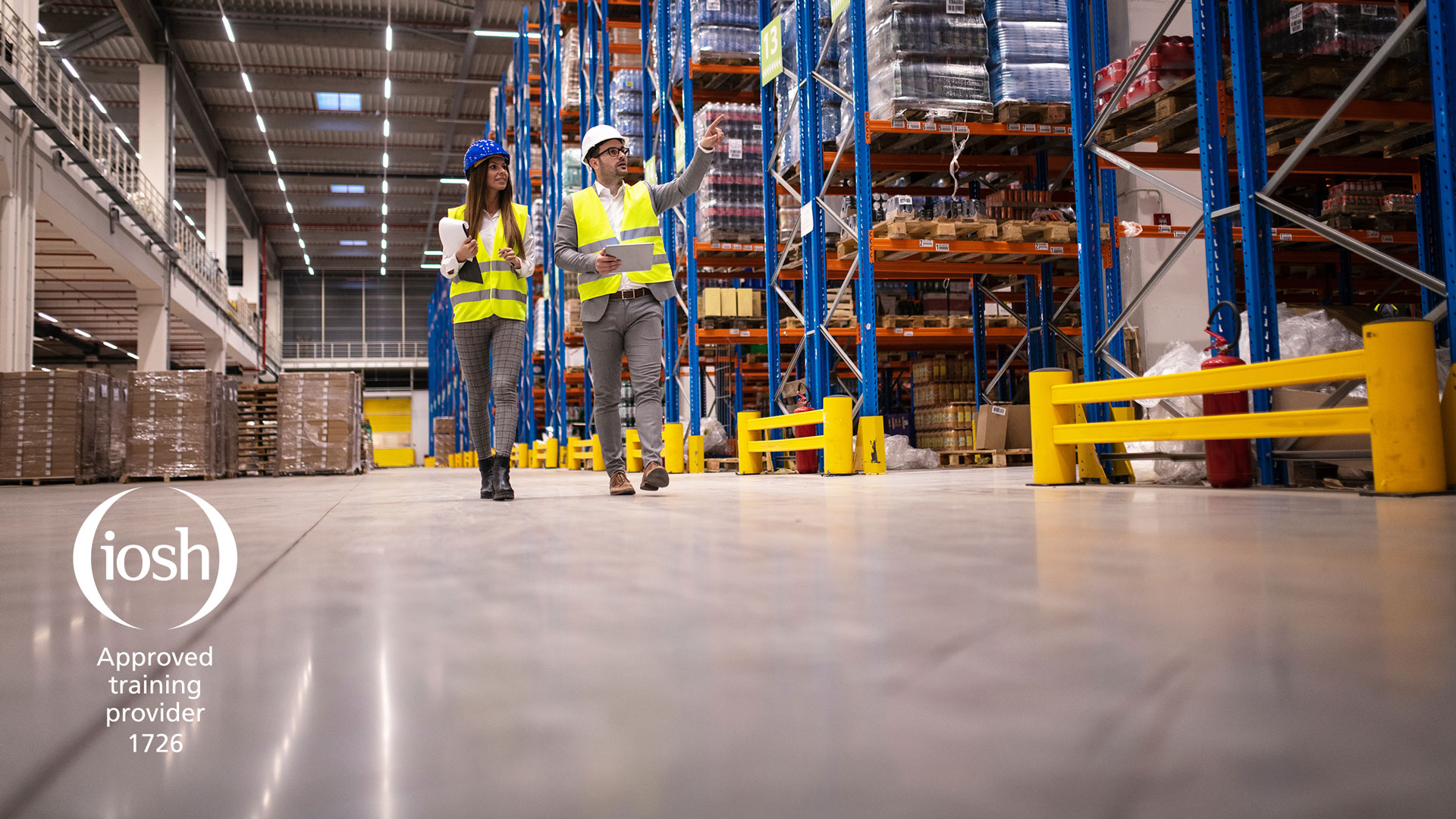The latest figures released by the Office for National Statistics (ONS) show that COVID-19 deaths are higher among low-paid and manual workers in England and Wales, underlining the need for stronger COVID-secure workplace rules to protect workers and for enforcement when rules are broken in the workplace, says the British Safety Council (BSC).
Almost 8,000 workers have died where it is believed that the cause was directly due to COVID-19. Workers whose jobs involve regular exposure to COVID-19 or working near others continue to have higher COVID-19 death rates. However, says the BSC, the HSE has not brought a single prosecution against an employer for breaking COVID-19 rules, even though people clearly mix in workplaces, which increases the potential to catch and transmit the virus.
The HSE has the power to enter any premises that inspectors think necessary for the purposes of enforcing the Health and Safety at Work etc. Act 1974 and its relevant statutory provisions. HSE inspectors have the power to enter a site or premises, and although it should only be at ‘reasonable times’, this can be overlooked if the inspector deems a situation to be immediately dangerous.
The council is of the opinion that, while HSE inspectors always act in proportion to risk, the regulator considers COVID-19 to be a ‘significant’ rather than ‘serious’ risk. This limits the toughness of its sanctions.
A ‘significant’ risk is one that causes non-permanent or reversible health effects, whereas a ‘serious’ risk is one that causes a permanent, progressive or irreversible condition. The BSC says that, given we are amid an unprecedented global pandemic that has resulted in thousands of workplace deaths, the infection of multiple employees through work-related activities with a potentially fatal disease seems instinctively to be a ‘serious’ health risk.
The desire by the government to keep workplaces operational, together with a decade of resource budget cuts, has been a factor in the HSE’s categorisation of COVID-19 outbreaks within the workplace, which has prevented inspectors from issuing prohibition notices as part of remedial actions that could be taken when investigating these outbreaks.
Hence, the British Safety Council is calling on the HSE to treat COVID-19 as a ‘serious’ risk to help prevent further workplace COVID-19 deaths. It says:
“We appreciate this will impact HSE’s capacity to inspect workplaces, recognising the regulator has had a significant cut in its funding and workforce in recent years. We therefore, in tandem, urge the government to provide the funding necessary for the HSE to better protect workers during these unparalleled times."
The British Safety Council also echoes the call made by the Pensions and Investments Research Consultancy (PIRC) for employers to report all cases of COVID-19 employee illness, even when they believe that the infection was the result of community transmission. Without better data neither the HSE nor the public can understand the scale of the risk. As infection reduces, everyone needs to focus on the ‘hotspots’.
Lawrence Waterman OBE, Chairman at the British Safety Council, said:
“The number of workplace COVID-19 deaths is saddening. Whilst it is difficult to definitively attribute COVID-19 infection and transmission to a workplace activity rather than general societal risk, in those cases where this has been reported and confirmed as a workplace outbreak, it is hard to understand that such instances are categorised as ‘significant’ rather than ‘serious’.”
The BSC concludes:
"The government has a difficult challenge in balancing the health of the economy with workers’ health and workplace safety, but there are some obvious steps that can be taken to help control the virus. Workplace inspection and enforcement of COVID safety rules is one of these steps. Ensuring the HSE is properly funded to undertake its role, is paramount and accords with the same treatment the Chancellor has provided to other parts of the economy during the pandemic. Keeping workers healthy and safe will help the country to boost its economic recovery once the virus has been brought under control.”
You may also be interested in
RELATED CONTENT
RELATED COURSES

Introduction to health and safety gives learners a basic introduction to managing safety in their workplace.

The world’s best-known health and safety certificate, designed for managers and supervisors in any sector or organisation.

IOSH Working Safely is a one-day introductory health and safety training course for people at any level, in any sector.

IOSH Managing Safely Refresher is designed to provide continued support to managers dealing with workplace health and safety issues.

Health and safety at work is a serious business; getting it wrong could end up costing someone their life. It stands to reason that there should be so...

The legal term ‘reasonably practicable’ plays a crucial role in determining the level of care and precautions required in different areas of law, such...

Vicarious liability can be a formidable challenge for employers, causing responsibility to extend beyond the individual and creating shared accountabi...

Although we are edging closer to spring, many of us are still being affected by wintery weather and the shorter daylight hours. So, what can you do to...